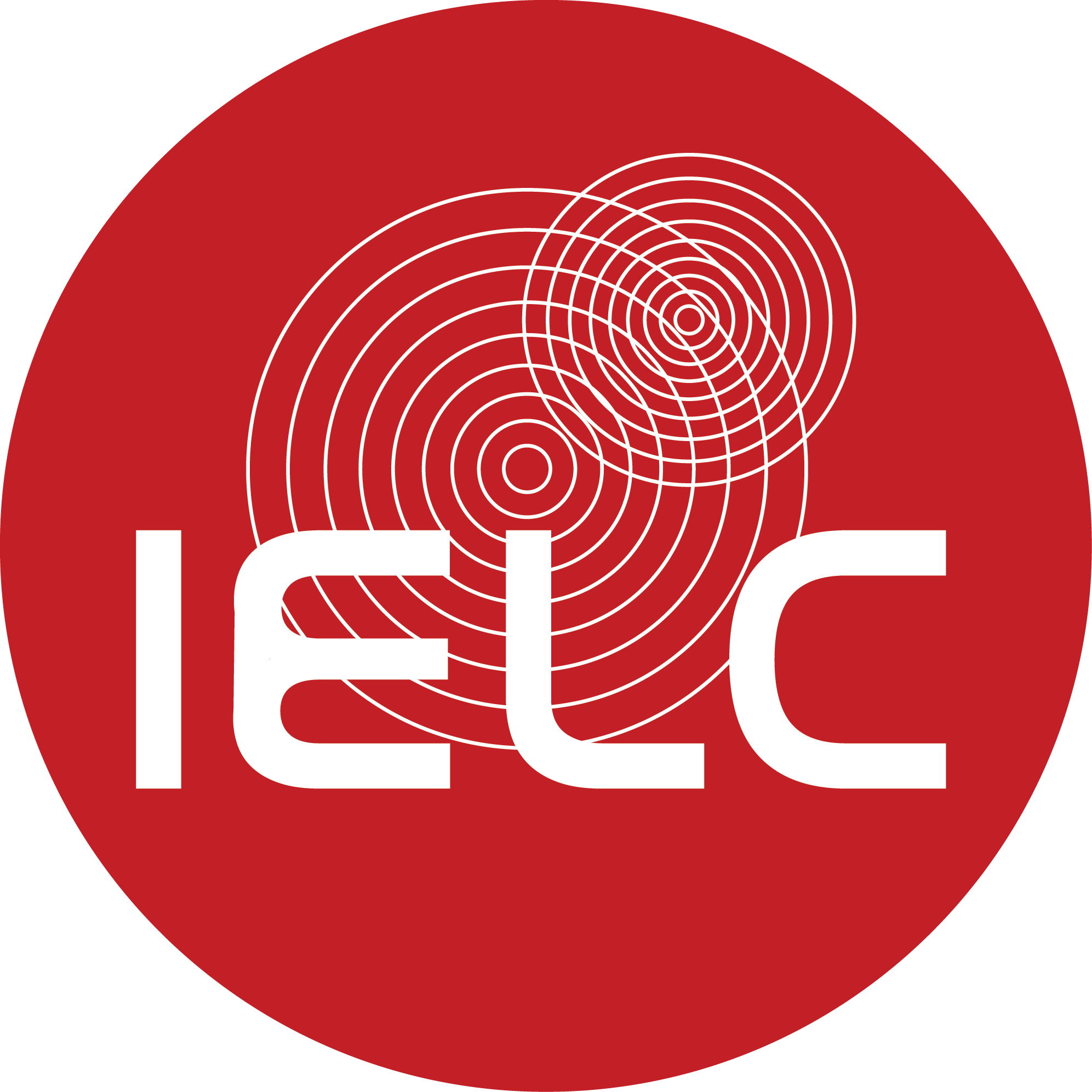| Special Journal Issues - Academic Profession, Entrepreneurial Universities and Scholarship of Application Volume 10, 2018 Journal of Comparative and International Higher Education
|
||||
|---|---|---|---|---|
Theme |
The theme of the Special Issue is “Academic Profession, Entrepreneurial Universities and Scholarship of Application.” Each article examines the application of entrepreneurialism in higher education and explores how it is impacting the academic profession by changing the notion of “scholarship. |
 |
||
Issue Objectives |
1. Examines the application of entrepreneurialism in higher education and explores how it is impacting the academic profession by changing the notion of “scholarship.”
2. Describe how, in this century, “scholarship” has changed from a strictly academic application that includes research and publishing to a focus on “scholarship of application” that is demonstrated by acquiring external grants and by demonstrating applicable knowledge of the field through collaborations with industry and business, and the effects of these changes. |
|||
Issue
Co-editors |
 |
Dr Tang Hei-hang Hayes Assistant Professor Department of Education Policy and Leadership Research Fellow Asia Pacific Centre for Leadership and Change The Education University of Hong Kong China |
 |
Dr Roger Yap Chao JR Independent Education Development Consultant |
| Contributors | The 2018 Special Issue includes contributions by Roger Chao Jr. (Independent Education Development Consultant), Beatrice Yan-yan Dang (HKU SPACE Po Leung Kuk Stanley Ho Community College, the University of Hong Kong), Moon Sook Jeong (Korea University of Technology and Education), and Wai-wan (Vivien) Chan (China and Junior Fellow, Society of Fellows in the Liberal Arts, Southern University of Science and Technology). The JCIHE Winter Special Issue 2018 also includes the JCIHE annual Graduate Student Work-in-Progress issue. Contributions are made by graduate students who are currently studying in a MA, Ed.D., or Ph.D. programs at New York University, George Mason University, George Washington University, Old Dominion University, University of California at Los Angeles, University of Georgia, University of Maryland, College Park, University of Oxford, and University of Texas at Austin. The selected students for this issue highlight a range of emergent issues for the field and illustrate how their research will contribute to the field of comparative and international higher education. |
|||
|
||||
Dr Roger Yap Chao JR
|
||||
At the beginning of 2018, the Beijing government announced the state plan concerning The Greater Bay Area (GBA) integration of Guangdong Province, Hong Kong and Macau’ (“Dawan district”). Since then, there have been numerous discussions among local governments, government departments, businesses and academics about this plan. With this call for “greater political and national assimilation”, it is time for Hong Kong to review its position in the Greater Bay Area. What role can Hong Kong play? What are the pros and cons of this regional economic and social integration? |
||||
|
||||
|
||||

